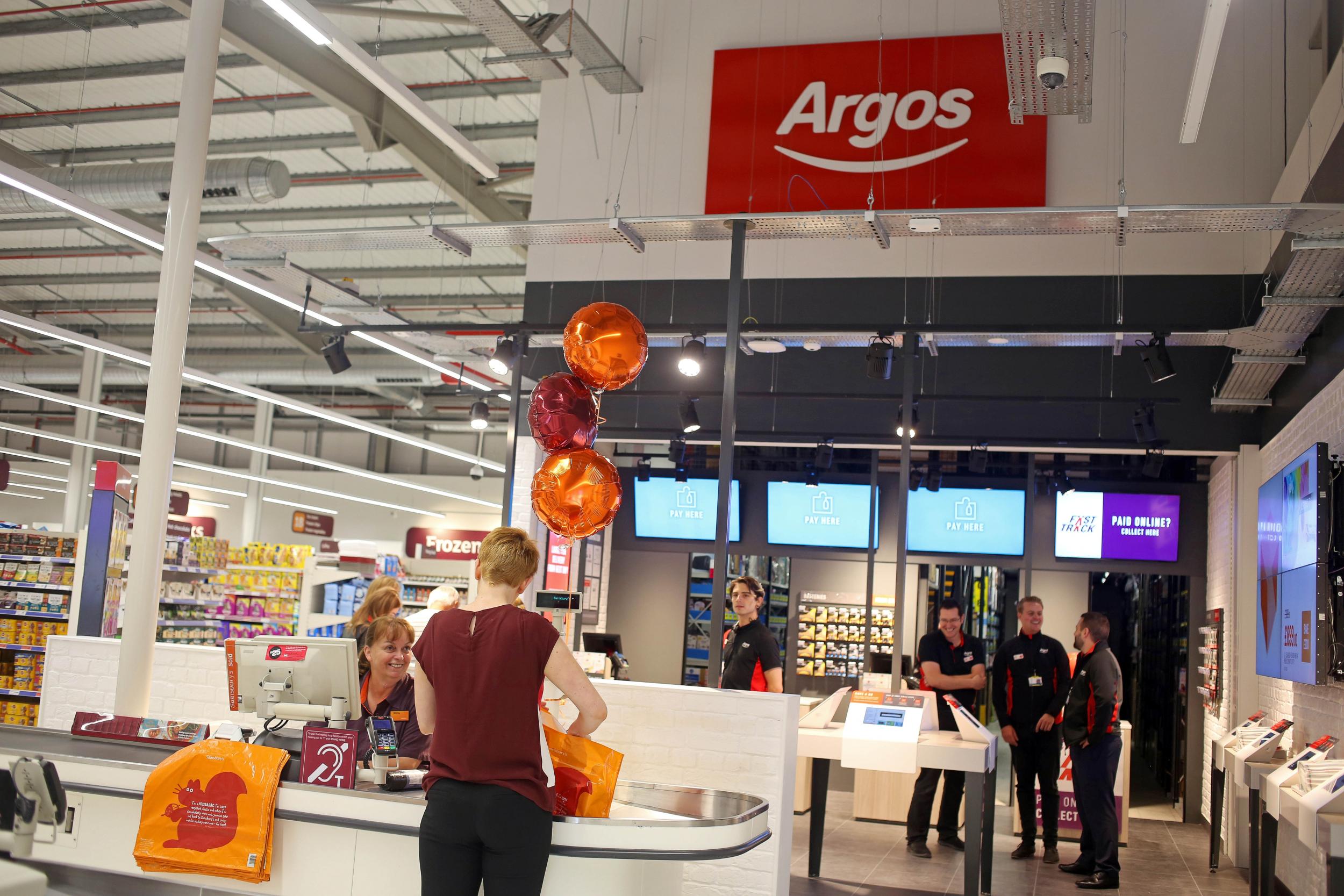Sainsbury's wins with Argos deal but latest results raise questions ahead of Asda merger
The group's shopping basket was a mixed one and its forecast for the future was not rosy

As he awaits regulators’ verdict on his attempt to join forces with Asda, Sainsbury’s boss Mike Coupe is proving that he’s a dab hand with deals.
Argos, acquired in 2016, was an important contributor to the latest results coming in ahead of City forecasts.
Analysts had pencilled in a 12 per cent increase in first half underlying profits. Sainsbury’s comfortably exceeded that with a rise of 20 per cent (several one off nasties mucked up the headline pre tax number so we’ll focus on that one).
The beat was largely down to Coupe & Co realising the savings they promised to generate from the Argos deal earlier than expected.
But Sainsbury’s sales line showed that it isn't just through savings that the grocer is making what looked to some (including me) like a questionable acquisition when it was announced pay off.
Like for like - excluding contributions from new openings - they increased by just 0.6 per cent. However, overall retail sales (excluding fuel) grew by 1.2 per cent. Sainsbury’s has been opening up a lot of new Argos outlets in its stores, which helps to explain the difference between the two.
These are proving to be a handy addition to the supermarkets, which often have excess space that needs filling. People seem to quite like the idea of picking up gifts when they pick up the weekly shop, so you’d think that would bode well for the Christmas period too.
Putting Sainsbury’s together with Asda is a much bigger challenge, but this should at least give investors some grounds for optimism once the Competition & Markets Authority has decided how many stores the two will have to offload to get the thing through.
The results, however, weren't all good.
That 0.6 per cent like for like sales growth is torpid indeed. It includes the balmy second quarter, when most of the grocers did well out of the hot summer but Sainsbury’s managed only 1 per cent growth. It does not include October, which numbers from Morrisons and the British Retail Consortium show was a very soft month.
Then there were the gloomy looking comments about the future in the run up to the festive season. “The consumer outlook is uncertain as we head into our key trading period,” Sainsbury’s said, by contrast to Morrisons' more upbeat tone.
It’s worth noting that Sainsbury’s has endured some bad PR of late, related to product availability and service standards, which is not what we’ve come to expect from this company. Overall sales at the core supermarkets (excluding online, and smaller convenience stores) fell.
Coupe might have demonstrated he’s good with deals with the Argos tie up. But these results raise questions about his handling of Sainsbury’s core business in the run up to its biggest one.
Join our commenting forum
Join thought-provoking conversations, follow other Independent readers and see their replies
Comments